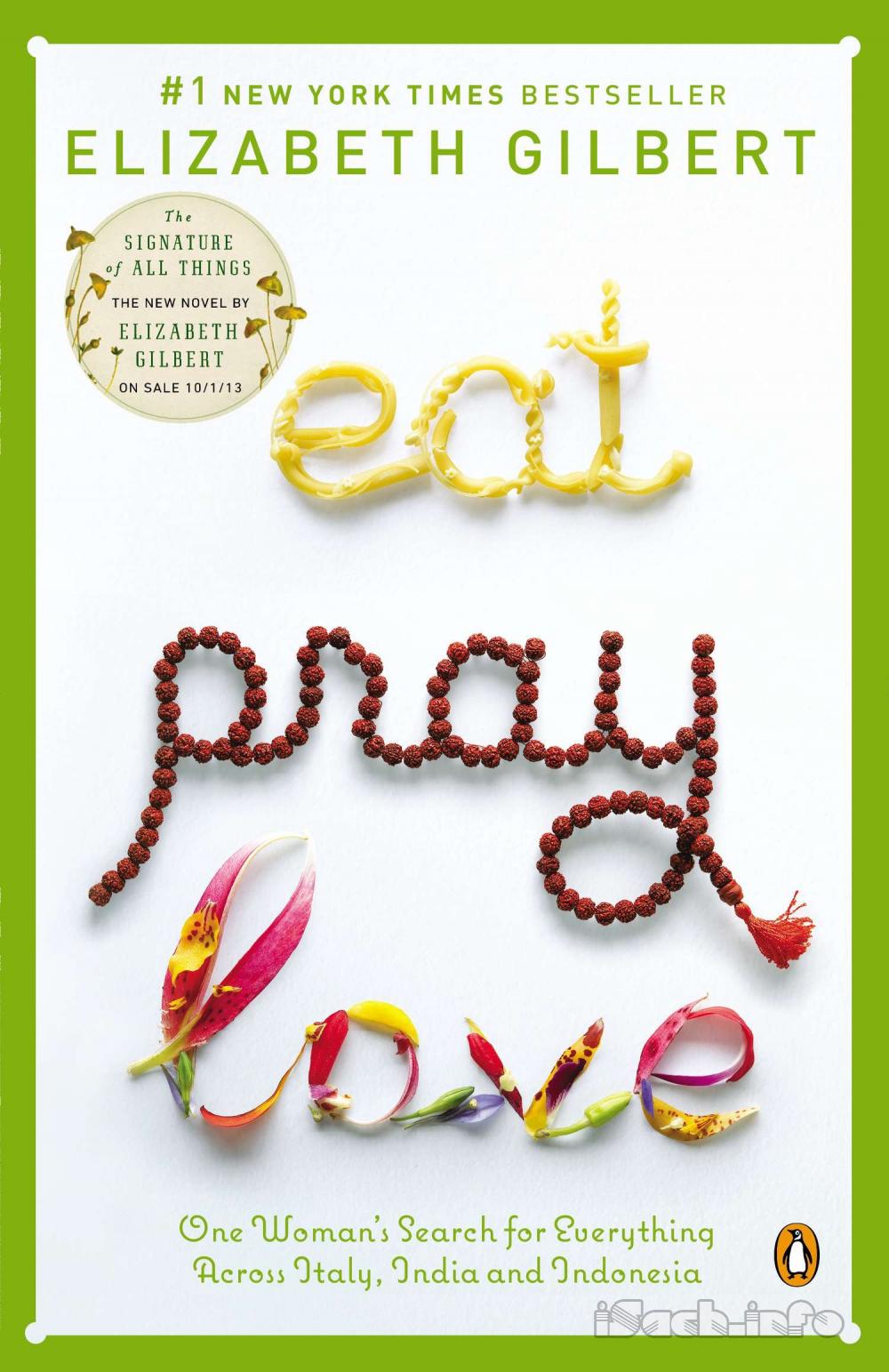Chapter 76
B
ali is a tiny Hindu island located in the middle of the two-thousand-mile-long Indonesian archipelago that constitutes the most populous Muslim nation on earth. Bali is therefore a strange and wondrous thing; it should not even exist, yet does. The island’s Hinduism was an export from India by way of Java. Indian traders brought the religion east during the fourth century AD. The Javanese kings founded a mighty Hindu dynasty, little of which remains today except the impressive temple ruins at Borobudur. In the sixteenth century, a violent Islamic uprising swept across the region and the Shiva-worshipping Hindu royalty escaped Java, fleeing to Bali in droves during what would be remembered as the Majapahit Exodus. The high-class, high-caste Javanese brought with them to Bali only their royal families, their craftsmen and their priests—and so it is not a wild exaggeration when people say that everyone in Bali is the descendent of either a king, a priest or an artist, and that this is why the Balinese have such pride and brilliance.The Javanese colonists brought their Hindu caste system with them to Bali, though caste divisions were never as brutally enforced here as they once were in India. Still, the Balinese recognize a complex social hierarchy (there are five divisions of Brahmans alone) and I would have better luck personally decoding the human genome than trying to understand the intric-ate, interlocking clan system that still thrives here. (The writer Fred B. Eiseman’s many fine essays on Balinese culture go much further into expert detail explaining these subtleties, and it is from his research that I take most of my general information, not only here but throughout this book.) Suffice it to say for our purposes that everyone in Bali is in a clan, that everyone knows which clan he is in, and that everyone knows which clan everyone else is in. And if you get kicked out of your clan for some grave disobedience, you really might as well jump into a volcano, because, honestly, you’re as good as dead.
Balinese culture is one of the most methodical systems of social and religious organization on earth, a magnificent beehive of tasks and roles and ceremonies. The Balinese are lodged, completely held, within an elaborate lattice of customs. A combination of several factors created this network, but basically we can say that Bali is what happens when the lavish rituals of traditional Hinduism are superimposed over a vast rice-growing agricultural society that operates, by necessity, with elaborate communal cooperation. Rice terraces require an unbelievable amount of shared labor, maintenance and engineering in order to prosper, so each Balinese village has a banjar—a united organization of citizens who administer, through consensus, the village’s political and economic and religious and agricultural decisions. In Bali, the collective is absolutely more important than the individual, or nobody eats.
Religious ceremonies are of paramount importance here in Bali (an island, don’t forget, with seven unpredictable volcanoes on it—you would pray, too). It has been estimated that a typical Balinese woman spends one-third of her waking hours either preparing for a ceremony, participating in a ceremony or cleaning up after a ceremony. Life here is a constant cycle of offerings and rituals. You must perform them all, in correct order and with the correct intention, or the entire universe will fall out of balance. Margaret Mead wrote about “the incredible busyness” of the Balinese, and it’s true—there is rarely an idle moment in a Balinese compound. There are ceremonies here which must be performed five times a day and others that must be performed once a day, once a week, once a month, once a year, once every ten years, once every hundred years, once every thousand years. All these dates and rituals are kept organized by the priests and holy men, who consult a byzantine system of three separate calendars.
There are thirteen major rites of passage for every human being in Bali, each marked by a highly organized ceremony. Elaborate spiritual appeasement ceremonies are conducted all throughout life, in order to protect the soul from the 108 vices (108—there’s that number again!), which include such spoilers as violence, stealing, laziness and lying. Every Balinese child passes through a momentous puberty ceremony in which the canine teeth, or “fangs,” are filed down to a flat level, for aesthetic improvement. The worst thing you can be in Bali is coarse and animalistic, and these fangs are considered to be reminders of our more brutal natures and therefore must go. It is dangerous in such a close-knit culture for people to be brutal. A village’s entire web of cooperation could be sliced through by one person’s murderous intent. Therefore the best thing you can be in Bali is alus, which means “refined,” or even “prettified.” Beauty is good in Bali, for men and women. Beauty is revered. Beauty is safety. Children are taught to approach all hardship and discomfort with “a shining face,” a giant smile.
The whole idea of Bali is a matrix, a massive and invisible grid of spirits, guides, paths and customs. Every Balinese knows exactly where he or she belongs, oriented within this great, intangible map. Just look at the four names of almost every Balinese citizen—First, Second, Third, Fourth—reminding them all of when they were born in the family, and where they belong. You couldn’t have a clearer social mapping system if you called your kids North, South, East and West. Mario, my new Italian-Indonesian friend, told me that he is only happy when he can maintain himself—mentally and spiritually—at the intersection between a vertical line and horizontal one, in a state of perfect balance. For this, he needs to know exactly where he is located at every moment, both in his relationship to the divine and to his family here on earth. If he loses that balance, he loses his power.
It’s not a ludicrous hypothesis, therefore, to say that the Balinese are the global masters of balance, the people for whom the maintenance of perfect equilibrium is an art, a science and a religion. For me, on a personal search for balance, I had hoped to learn much from the Balinese about holding steady in this chaotic world. But the more I read and see about this culture, the more I realize how far off the grid of balance I’ve fallen, at least from the Balinese perspective. My habit of wandering through this world oblivious to my physical orientation, in addition to my decision to have stepped outside the containing network of marriage and family, makes me—for Balinese purposes—something like a ghost. I enjoy living this way, but it’s a nightmare of a life by the standards of any self-respecting Balinese. If you don’t know where you are or whose clan you belong to, then how can you possibly find balance?
Given all this, I’m not so sure how much of the Balinese worldview I’m going to be able to incorporate into my own worldview, since at the moment I seem to be taking a more modern and Western definition of the word equilibrium. (I’m currently translating it as meaning “equal freedom,” or the equal possibility of falling in any direction at any given time, depending on . . . you know . . . how things go.) The Balinese don’t wait and see “how things go.” That would be terrifying. They organize how things go, in order to keep things from falling apart.
When you are walking down the road in Bali and you pass a stranger, the very first question he or she will ask you is, “Where are you going?” The second question is, “Where are you coming from?” To a Westerner, this can seem like a rather invasive inquiry from a perfect stranger, but they’re just trying to get an orientation on you, trying to insert you into the grid for the purposes of security and comfort. If you tell them that you don’t know where you’re going, or that you’re just wandering about randomly, you might instigate a bit of distress in the heart of your new Balinese friend. It’s far better to pick some kind of specific direction—anywhere—just so everybody feels better.
The third question a Balinese will almost certainly ask you is, “Are you married?” Again, it’s a positioning and orienting inquiry. It’s necessary for them to know this, to make sure that you are completely in order in your life. They really want you to say yes. It’s such a relief to them when you say yes. If you’re single, it’s better not to say so directly. And I really recommend that you not mention your divorce at all, if you happen to have had one. It just makes the Balinese so worried. The only thing your solitude proves to them is your perilous dislocation from the grid. If you are a single woman traveling through Bali and somebody asks you, “Are you married?” the best possible answer is: “Not yet.” This is a polite way of saying, “No,” while indicating your optimistic intentions to get that taken care of just as soon as you can.
Even if you are eighty years old, or a lesbian, or a strident feminist, or a nun, or an eighty-year-old strident feminist lesbian nun who has never been married and never intends to get married, the politest possible answer is still: “Not yet.”



 ePub
ePub A4
A4